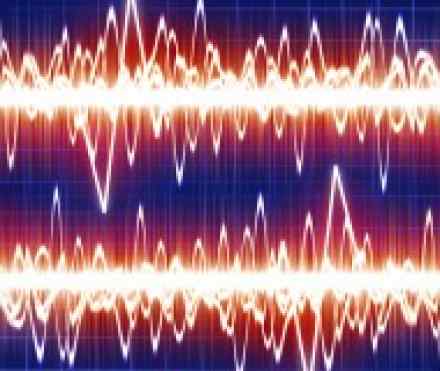Partial seizures
When seizures appear to result from abnormal activity in just one part of the brain, they're called partial or focal seizures. These seizures fall into two categories.
-
Simple partial seizures. These seizures don't result in loss of consciousness. They may alter emotions or change the way things look, smell, feel, taste or sound. They may also result in involuntary jerking of part of the body, such as an arm or leg, and spontaneous sensory symptoms such as tingling, vertigo and flashing lights.
-
Complex partial seizures. These seizures alter consciousness, causing you to lose awareness for a period of time. Complex partial seizures often result in staring and nonpurposeful movements — such as hand rubbing, twitching, chewing, swallowing or walking in circles.
Generalized seizures
Seizures that seem to involve all of the brain are called generalized seizures. Four types of generalized seizures exist.
-
Absence seizures (also called petit mal). These seizures are characterized by staring and subtle body movement, and can cause a brief loss of consciousness.
-
Myoclonic seizures. These seizures usually appear as sudden jerks or twitches of your arms and legs.
-
Atonic seizures. Also known as drop attacks, these seizures cause you to lose normal muscle tone and suddenly collapse or fall down.
-
Tonic-clonic seizures (also called grand mal). The most intense of all types of seizures, these are characterized by a loss of consciousness, body stiffening and shaking, and loss of bladder control.
Causes
Epilepsy has no identifiable cause in about half of those who have the condition.
-
Genetic influence.
-
Head trauma
-
Medical disorders. Events like strokes or heart attacks that result in damage to the brain also can cause epilepsy. Stroke is responsible for up to one half of epilepsy cases in those over age 65.
-
Dementia is a leading cause of epilepsy among older adults.
-
Diseases like meningitis, AIDS and viral encephalitis can cause epilepsy.
-
Prenatal injury. Fetuses are susceptible to brain damage caused by an infection in the mother, poor nutrition or oxygen deficiencies. This can lead to cerebral palsy in the child. About 20 percent of seizures in children are associated with cerebral palsy or other neurological abnormalities.
-
Developmental disorders. Epilepsy can be associated with other developmental disorders, such as autism and Down syndrome.
How do you treat it?
Like any disease, even if there is no cure, there is almost always something you can do to manage it and take control. There are three main areas involved in the treatment of any disease:
For information on medicines and therapies relevant to Epilepsy, make an appointment at Lynch's pharmacy, Broadale, Douglas, Cork on 021-4366923.
Learn all about the drugs used to treat the disease and any complementary medicines or therapies proven to help. Equip yourself with the tools to manage the condition and not be managed by it.
How do you live with it?
Certain adjustments may be needed to get on with your life, and often, some simple tips and advice can go a long way to making these changes.
When you come to a Lynch's Pharmacy Clinic, we give you all the necessary information available to make your life more manageable and allow you to better live with your condition.
References
Epilepsy-http://en.wikipedia.org/wiki/Epilepsy
Epilepsy, a comprehensive overview http://www.mayoclinic.com/health/epilepsy/DS00342
Epilepsy, information for patients http://www.cks.nhs.uk/epilepsy










